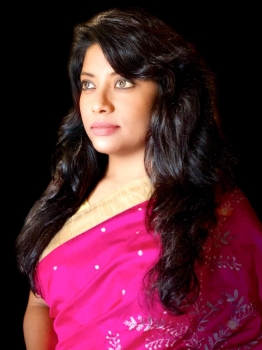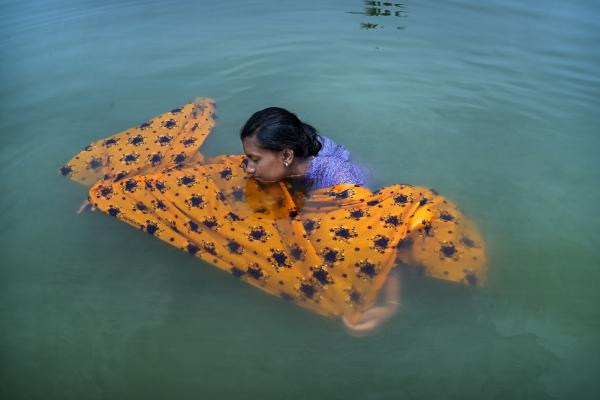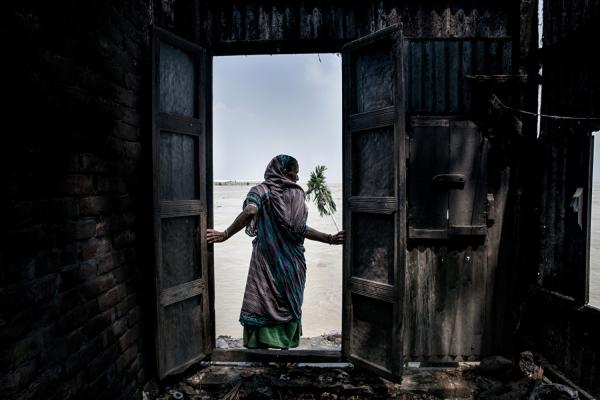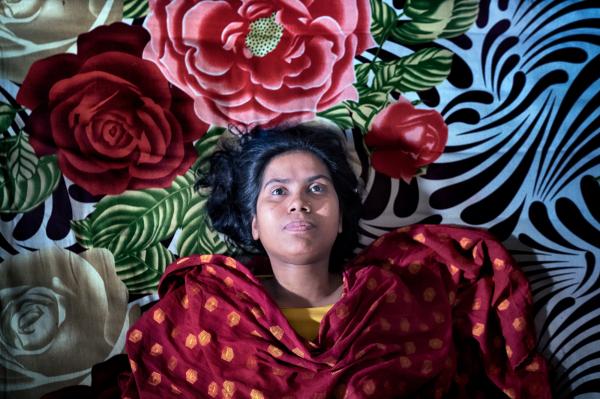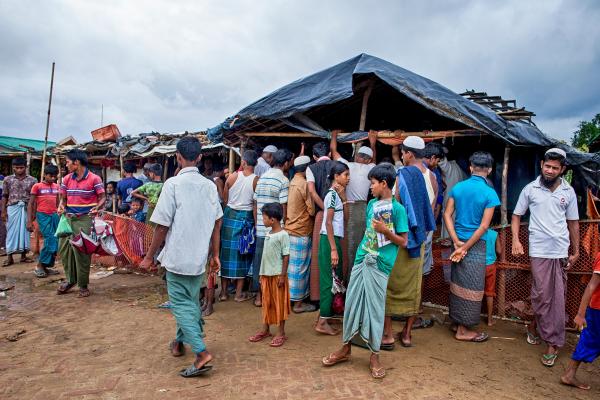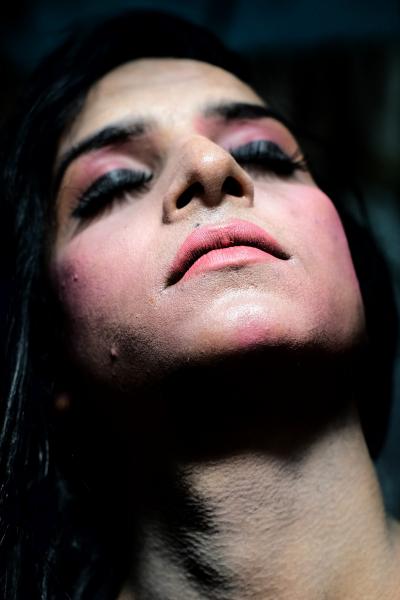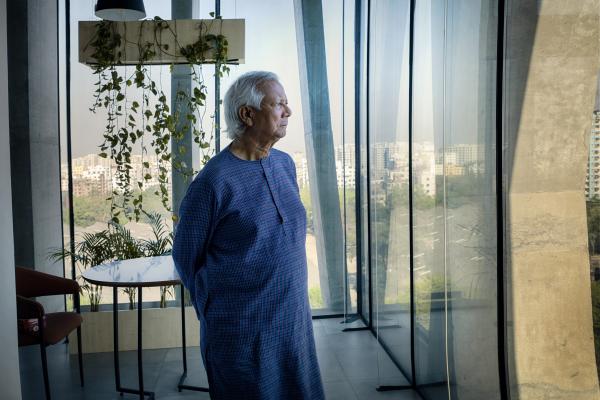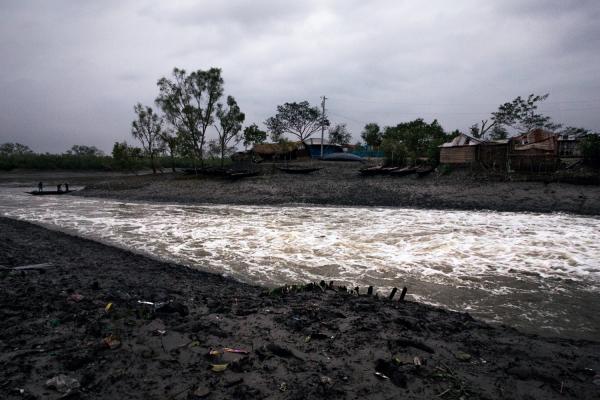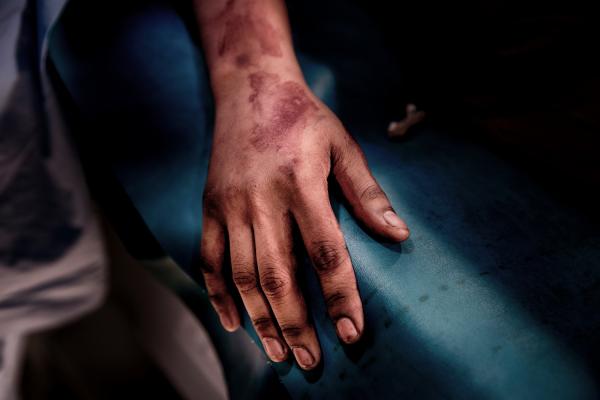10 of 10 most recent
Fabeha Monir
Photojournalist @ Women Photograph, Bistandsaktuelt / Based in Bangladesh
Fabeha Monir is a Dhaka based visual journalist who uses still images, text and video to provide multi-faceted storytelling for editorial and non-profit clients. Her editorial clients include The New York Times, The Guardian, Stern...
read on
Focus:
Photojournalist, Journalist, Writer, Videographer, Documentary, Photography, Journalist Investigative, Assignments, Film Producer
Skills:
Art Direction, Multimedia Production, Photojournalism, Cinematographer
Projects

